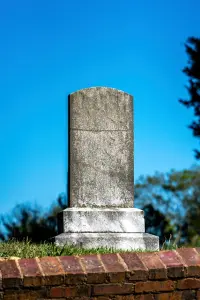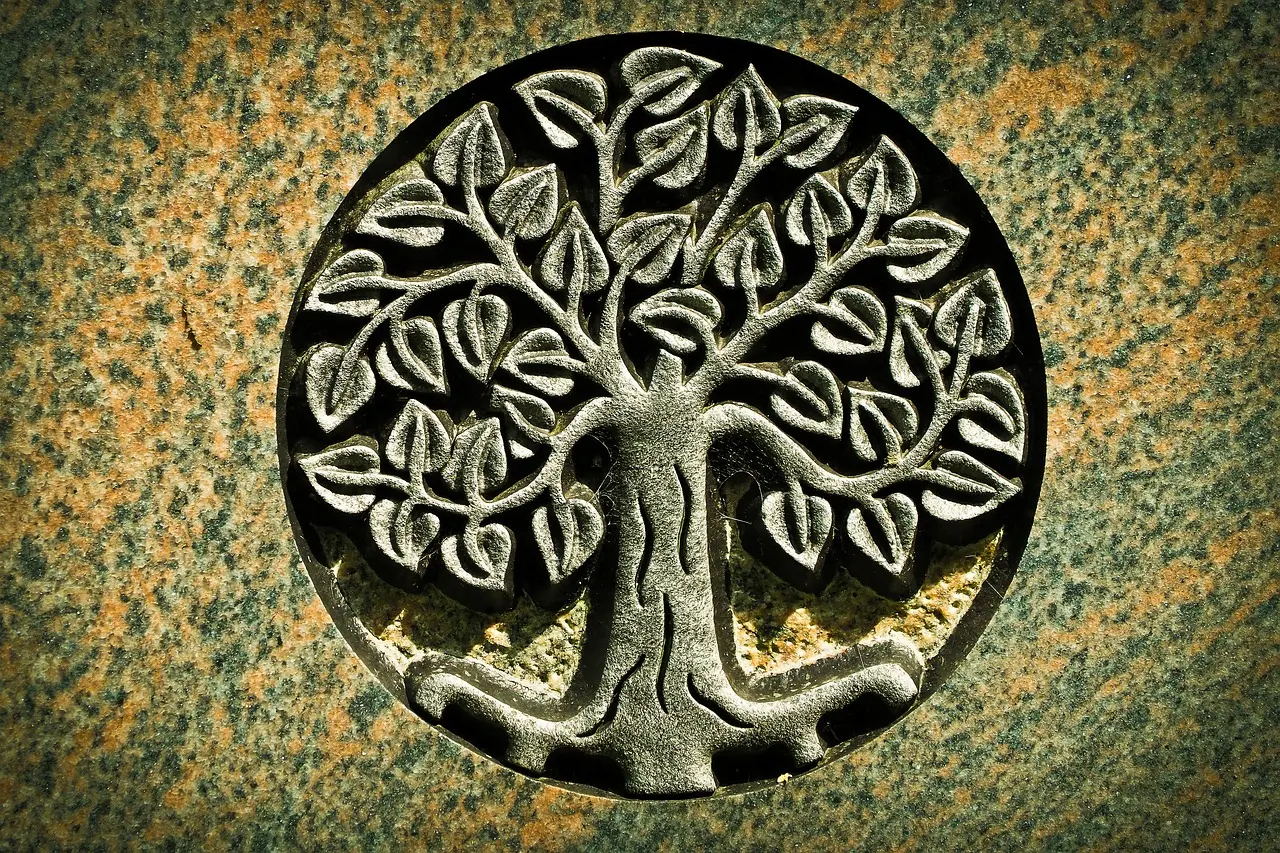
If you are spiritual but not religious, how do you want to die? Many of us won’t get a choice. Especially those who are young. But dying rites are not just for those of faith – you can create your own rite or ritual to accompany you when you pass over. A Celebrant shares her observations.
In my 20s I transitioned to Buddhism, my mother’s ancestral religion. For Buddhists, death is a transition point, the staging platform between this life and another. The goal of the dying is to have the best possible reincarnation, to set up the future self with the best chance of attaining enlightenment. I might try to visualise the Buddha, and see myself moving towards them, guiding me to the best possible version of my next self, in this realm or another.
I don’t belong to a specific faith any more, but I work in the field of funerals, death and dying. It’s a line of work which encourages reflection on how best to live this life, and how best to die. If you are like me, spiritual but not religious, how do you want to die?
Many of us won’t have a choice. But if you die in a palliative care context, there will probably be some time, possibly even days, when you may not be responsive. You may be slipping in and out of conscious awareness of your surrounds. In this time, how do you want to be treated?
If you are not of a particular faith background, which sets out rites for this period, then you might want to outline them for yourself.
For example, it is worth telling people if you want to be visited by a minister – or that you definitely don’t want to be. Maybe you want candles (if you are in a hospital, you can get those electric flickery ones), or an aromatherapy diffuser, which is a good option if how you smell matters to you
If you would like people to touch you, then let them know beforehand. It can be good to have some moisturiser or nice smelling oils in the room, so people have something to rub into your hands or feet. We did this for my mother-in-law, because when she was still responsive, I asked her if she would like that. I was surprised that she did – she was not a touchy-feely type. I started massaging her feet and she smiled and said she felt like a princess. She died three days later, smelling of roses.
There might be music you would like to have playing, or maybe the voice recordings of loved ones, or a favourite audiobook narrator. You might prefer silence, or you might want the hubbub of your friends and family around you. That was how my mother died, with her kids bustling around her, making cups of tea and discussing the traffic. Just like at home.
Most people will die in a bed, so think about what sort of bedding you would like. If you are in a hospital, you won’t have much control over the sheets, but you can bring in favourite pillows and blankets. You might also want favourite pictures or photos on the walls.
You might be like my dad, the “ship me out in a pine box”, stoic type, and think that you won’t mind what your environment is like in those last days or hours. But I recommend having a think about what you don’t want. For example, it might irritate you if the TV is left on, or off. Sometimes it is easier to work out what we want based on what would be a hard no.
If there is anything you want to say to anyone, my advice is to get it done, even if you think you have more time. And if you have any particular beliefs about what happens after you die, perhaps let someone know. This is something I like to know about the people whose funerals I officiate. In my case, I believe that my cells will nourish the Earth, and that is enough of a next life for me. Whatever you believe, it is something the people you leave behind will want to honour.

Source
Image Source
![]()

